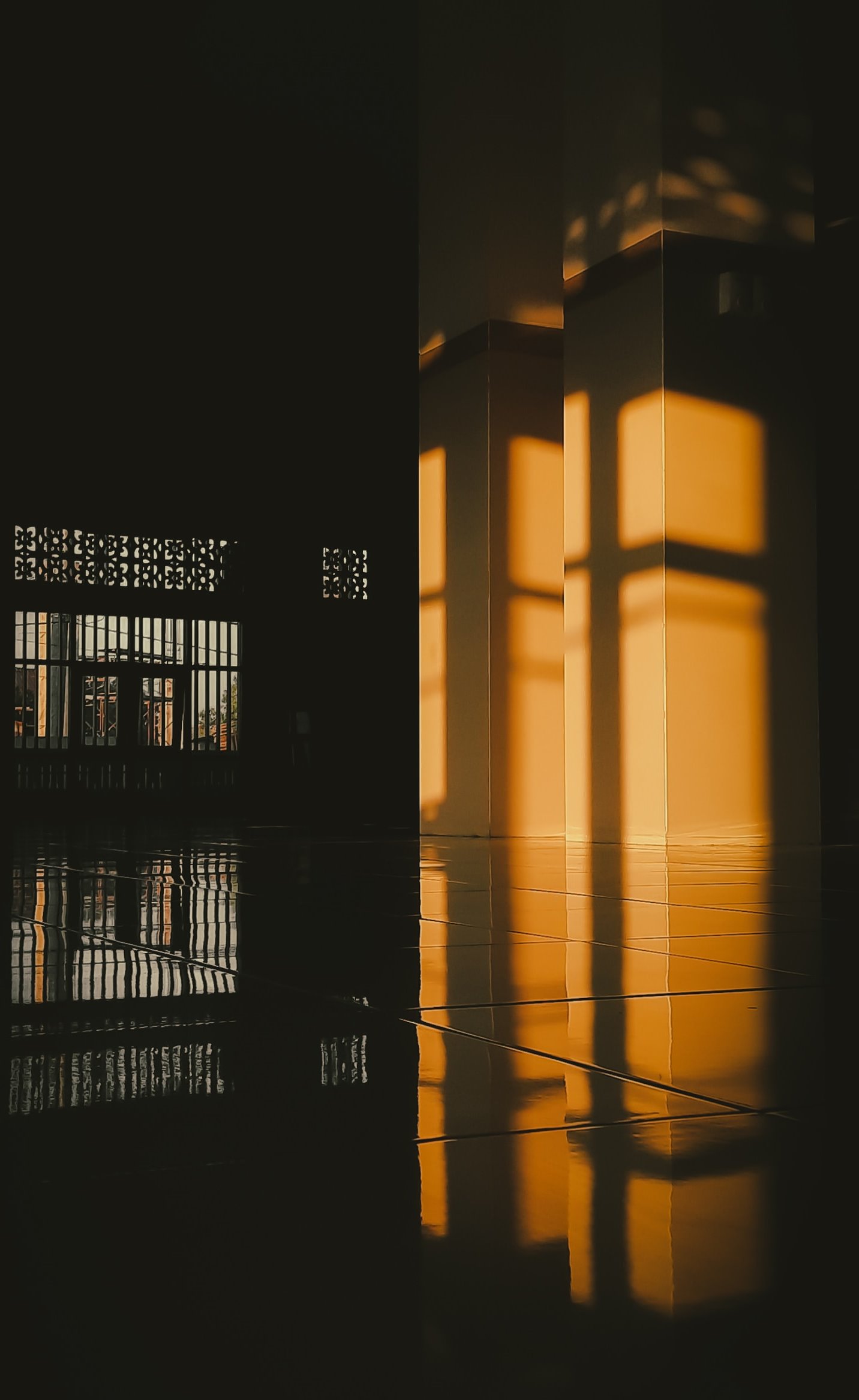
The first ten days of Ramadan hold great significance in Islam, as they set the tone for the rest of the month of fasting and worship. Here are some key reasons why the first 10 days are important:
1. The First Ten Days Are Known for Mercy
The first ten days of Ramadan are considered the days of Allah’s mercy. During this time, Muslims seek Allah’s mercy and forgiveness for their sins, striving to purify their hearts and renew their faith. The Prophet Muhammad (PBUH) said that in Ramadan, Allah opens the doors of mercy, and the first ten days are a prime time to take advantage of this mercy.
2. Spiritual Preparation
The first ten days of Ramadan help Muslims spiritually prepare for the month ahead. It is a time to adjust to fasting and engage in acts of worship, like prayer (Salat), reading the Quran, making dhikr (remembrance of Allah), and giving charity. It is a time for reflection, helping Muslims strengthen their relationship with Allah.
3. Renewing Faith and Intentions
The beginning of Ramadan is a moment for Muslims to renew their intentions (niyyah) for fasting and worship. The first ten days are an opportunity to purify their hearts and minds, and refocus on their spiritual goals for the entire month.
4. Forgiveness of Sins
It is believed that during the first ten days, Allah is especially merciful and willing to forgive the sins of His servants, especially those who are genuinely seeking repentance. Muslims are encouraged to ask for forgiveness in these days to start the month of Ramadan with a clean slate.
5. Increased Reward
The first ten days set the tone for the rest of Ramadan, and acts of worship performed during this time carry great reward. The Prophet Muhammad (PBUH) said that the rewards for good deeds in Ramadan are multiplied, and the first ten days are a time to maximize this spiritual benefit.
6. The Opening of the Gates of Heaven
The first ten days are part of a larger spiritual opportunity in Ramadan. The gates of heaven are opened, and the gates of hell are closed, making it an ideal time for Muslims to increase their worship and avoid actions that lead to negative consequences.
7. The Importance of Laylat al-Qadr
While Laylat al-Qadr (the Night of Decree) is believed to fall in the last ten days of Ramadan, the first ten days are important for setting the stage for this highly significant night. Muslims often increase their worship and supplications during the first ten days in the hope of drawing closer to Allah and preparing for the possibility of receiving the blessings of Laylat al-Qadr.
8. Establishing a Pattern for the Rest of the Month
The first ten days offer a chance to establish a pattern of devotion, prayer, and fasting. These initial days help Muslims find rhythm in their worship, and the habits they form in the first ten days often continue throughout the month.
In summary, the first ten days of Ramadan are a time of mercy, forgiveness, spiritual growth, and preparation. They lay the foundation for a successful and spiritually enriching month of fasting and worship.


